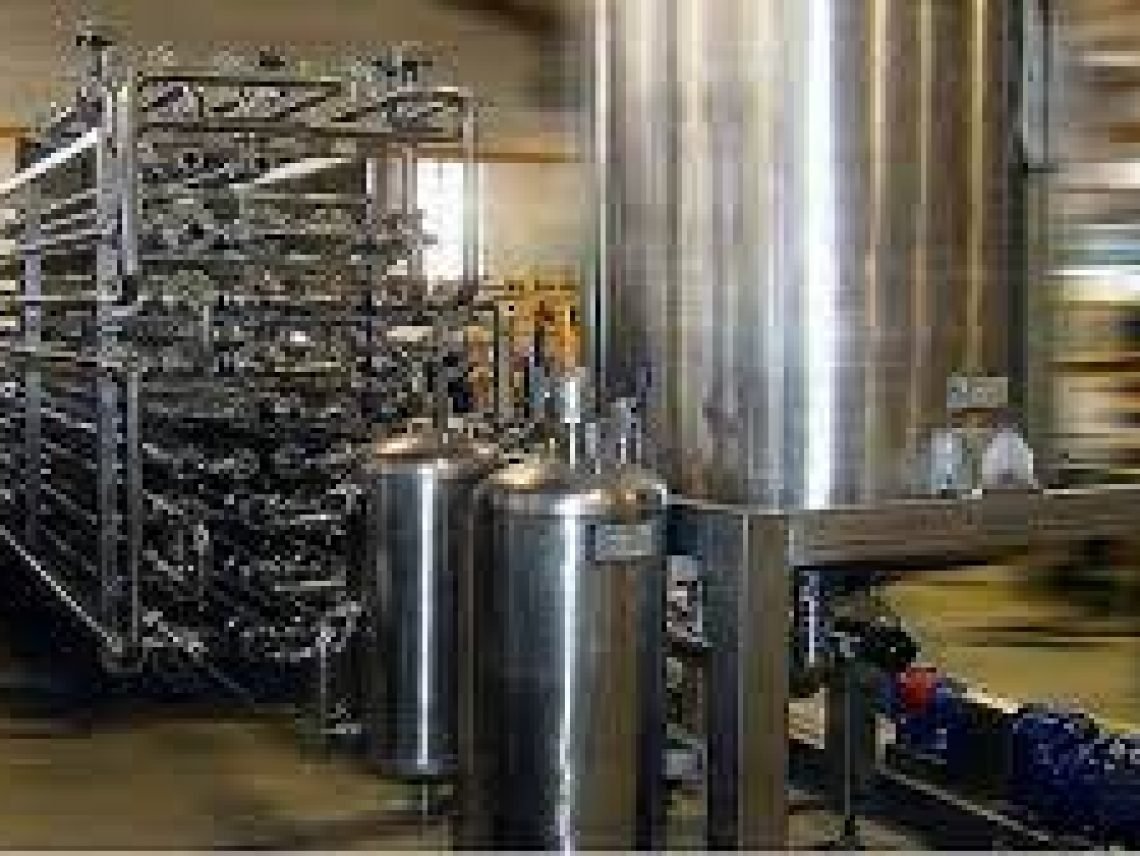The three Common Welding Processes

Table of Contents
ToggleIntroduction to Common Welding Processes
Overview of Welding Techniques
Welding is an important expertise in numerous industries, making sure strong and durable connections in metal systems. There are several welding techniques, but understanding the pinnacle three welding techniques is crucial for all of us worried about manufacturing or construction. These techniques are essential to growing excellent welds that stand the take a look at of time.
MIG Welding (Metal Inert Gas)
What is MIG Welding?
MIG Welding, or Metal Inert Gas welding, is a popular welding method that makes use of a continuous cord feed as an electrode and an inert gas to guard the weld from infection. It’s regarded for its pace and simplicity of use, making it a favorite amongst novices and specialists alike.
Advantages of MIG Welding
One of the principal advantages of MIG welding is its simplicity and pace. It’s quite clean to examine, making it accessible for novices. Additionally, it produces splendid welds brief, which is right for projects with tight deadlines. The system is likewise quite powerful, making it suitable for massive-scale production.
TIG Welding (Tungsten Inert Gas)
What is TIG Welding?
TIG Welding, or Tungsten Inert Gas welding, is a unique and bendy welding system that uses a non-consumable tungsten electrode to supply the weld. An inert gasoline, generally argon, shields the weld area from infection. TIG welding is thought for its potential to create wonderful, clean welds on pretty few metals.
Advantages of TIG Welding
The number one benefit of TIG welding is its precision and control. This makes it the preferred desire for duties requiring awesome, particular welds. It’s additionally flexible and capable of welding nearly all metals, along with aluminum, stainless steel, and more. Additionally, TIG welding produces cleanser welds with less spatter in comparison to exceptional techniques.
Stick Welding (Shielded Metal Arc Welding)
What is Stick Welding?
Stick Welding, or Shielded Metal Arc Welding (SMAW), is a flexible and easy welding device that makes use of a consumable electrode blanketed in flux. As the electrode melts, the flux coating releases gases that shield the weld region from contamination. This technique is understood for its simplicity and effectiveness in numerous situations.
Advantages of Stick Welding
One of the primary advantages of stick welding is its versatility and portability. It no longer requires outside shielding gas, making it appropriate for fieldwork and a ways off locations. Additionally, it is effective on rusty or grimy materials, making it a sensible desire for upkeep and repair responsibilities.
Need a reliable partner?
FAQ Section
What factors need to I don't forget whilst deciding on a welding approach?
When deciding on a welding device, keep in mind the form of fabric you are jogging with, the thickness of the fabric, the welding function, and the popular weld top-notch. Each welding method—MIG, TIG, and Stick—has its strengths and is suitable to specific programs. For example, MIG welding is great for pace and ease of use, at the same time as TIG welding offers precision and manipulation.
Can I use MIG welding for aluminum?
Yes, MIG welding can be used for aluminum, however, it requires a spool gun or a push-pull device to feed the softer aluminum twine properly. Additionally, the usage of the proper shielding fuel, normally 100% argon, is vital for undertaking brilliant welds on aluminum.
What protection measures should I take even as welding?
Welding entails high temperatures, UV radiation, and potential publicity to dangerous fumes. Always put on appropriate personal protective tool (PPE) which includes a welding helmet, gloves, and protective apparel. Ensure the right air floats in the welding vicinity to keep away from breathing in harmful fumes.
How do I hold my welding machine?
Regular safety of welding devices is critical for the pinnacle of the road’s general overall performance and sturdiness. Clean the welding device and cables often to dispose of dust and particles. Inspect and update worn or broken factors, which encompass electrodes and contact recommendations.
What is the distinction between AC and DC welding?
AC (Alternating Current) and DC (Direct Current) welding speak with the sort of electric cutting-edge used in the welding technique. AC welding is regularly used for welding aluminum and for applications in which deep penetration is needed. DC welding, alternatively, is favored for maximum distinct metals, supplying a smoother and more solid arc, which is right for precision paintings.
Table of Contents
ToggleRelated Blog Post
- What is the safest welding method?
- What is the fastest welding process?
- What is the strongest welding method?
- What is Hot Pressure Welding Process?
- What are the 5 essential procedure in welding?
- Which welding process only uses pressure?
- What is the most commonly used welding process?
- Which welding process is used for welding of pressure Ire vessel?
- What is the simplest way of welding two pieces of metal together is known as pressure welding?
- What is the pressure welding process generally used in sheet metal fabrication called?
- Which consumable welding process is used to weld thick pressure vessels and why it is suited for such applications?
Solutions
In the realm of industrial solutions, Red River emerges as a pioneer, offering a diverse range of custom-engineered products and facilities. Among our specialties is the design and production of Custom/OEM Pressure Vessels, meticulously crafted to meet individual client requirements, ensuring performance under various pressure conditions. Our expertise extends to the domain of prefabrication, where Red River leads with distinction.
The company excels in creating prefabricated facilities, modules, and packages, reinforcing its stance as a forerunner in innovation and quality. This proficiency is further mirrored in their Modular Skids offering, where they provide an array of Modular Fabricated Skid Packages and Packaged equipment. Each piece is tailored to client specifications, underlining their commitment to delivering precision and excellence in every project they undertake.
Need action? Ready to Get Started?
We are here to make it happen. Request a quote!

